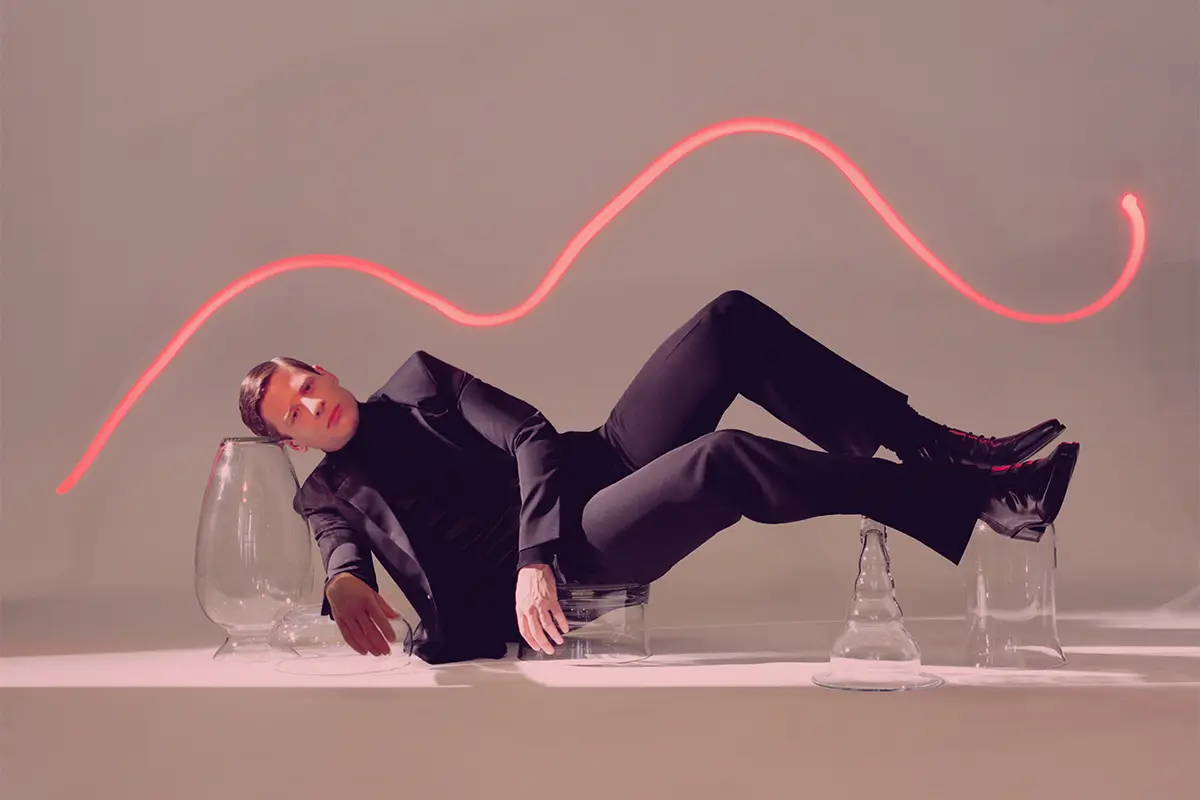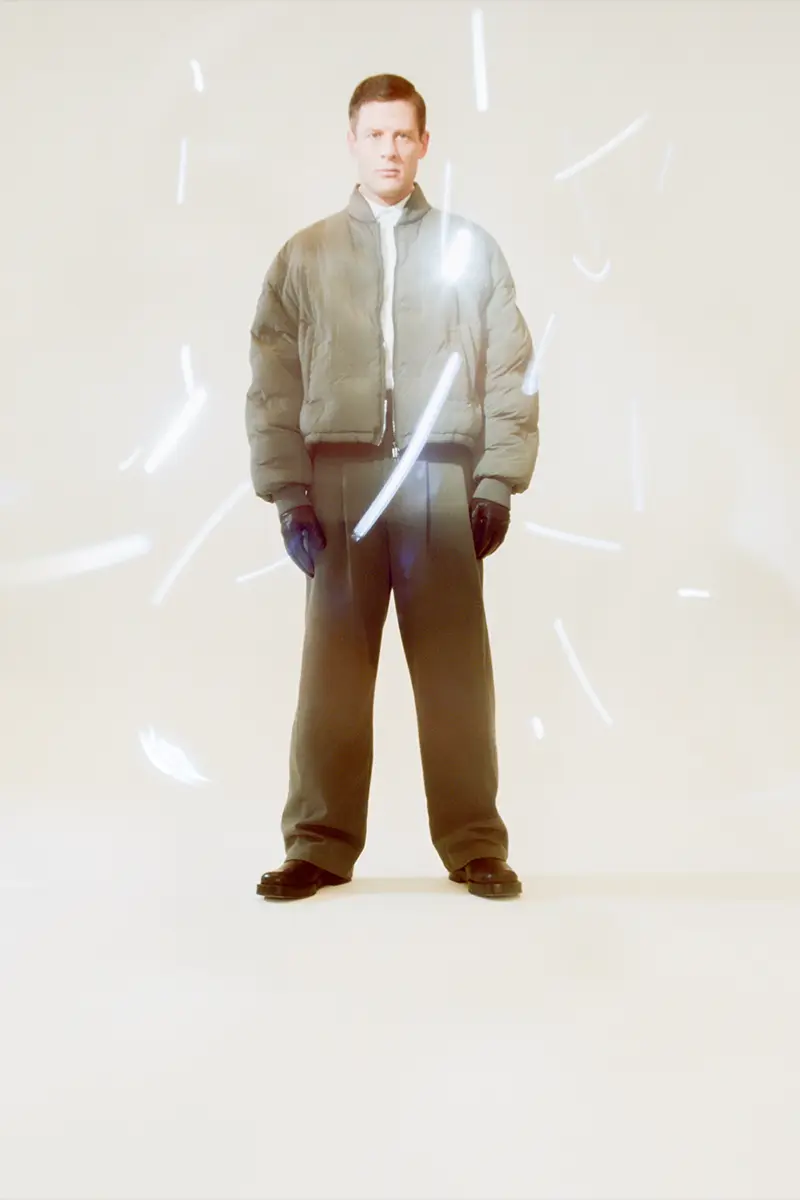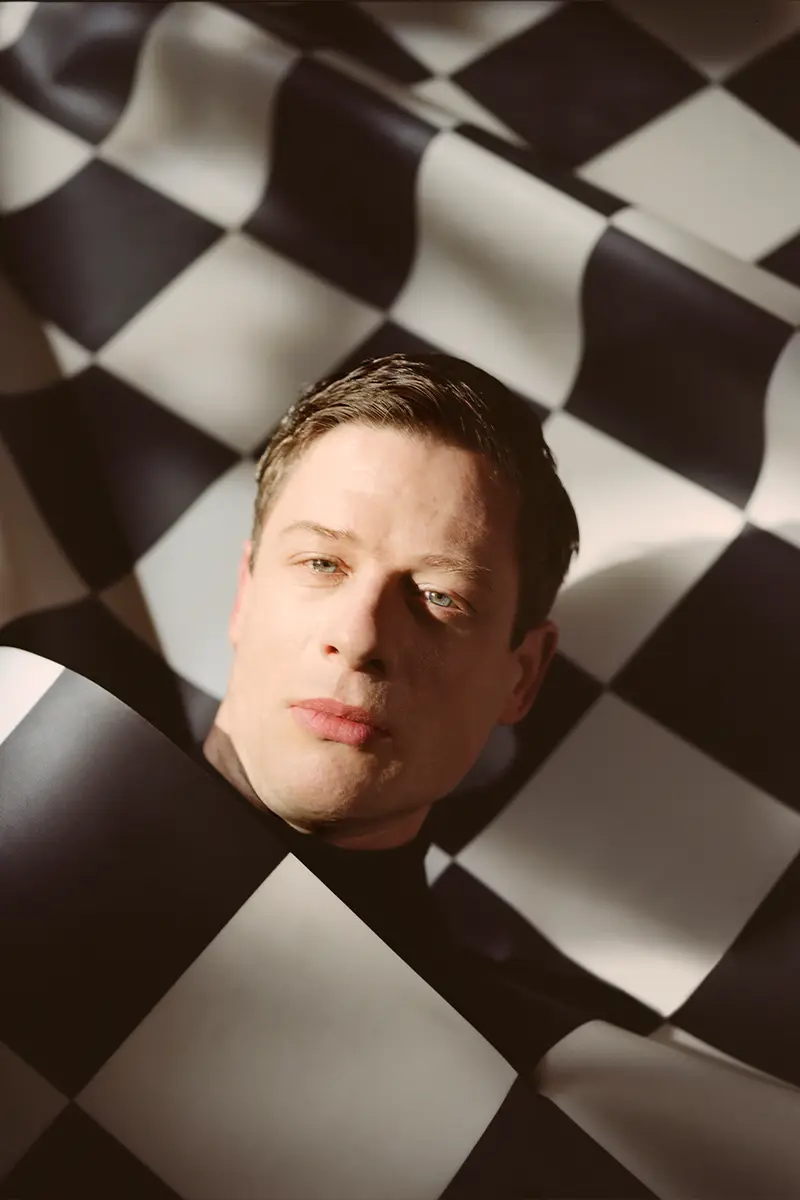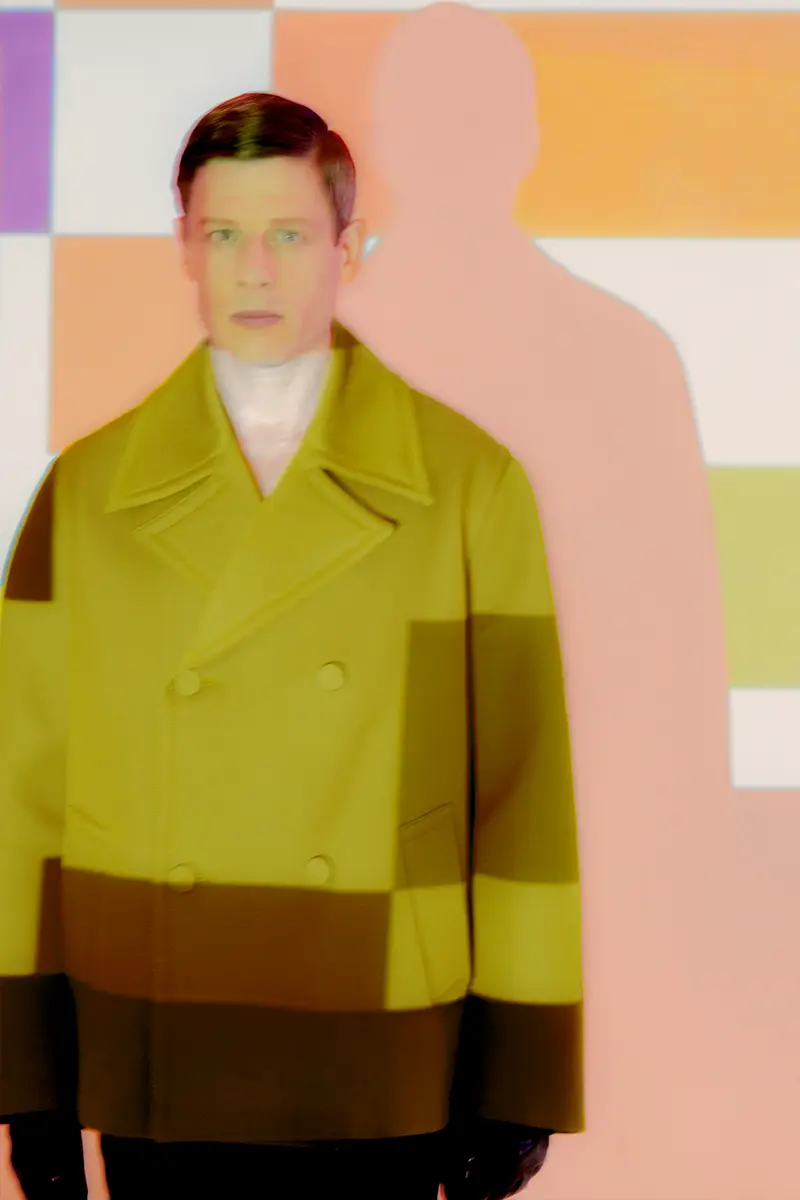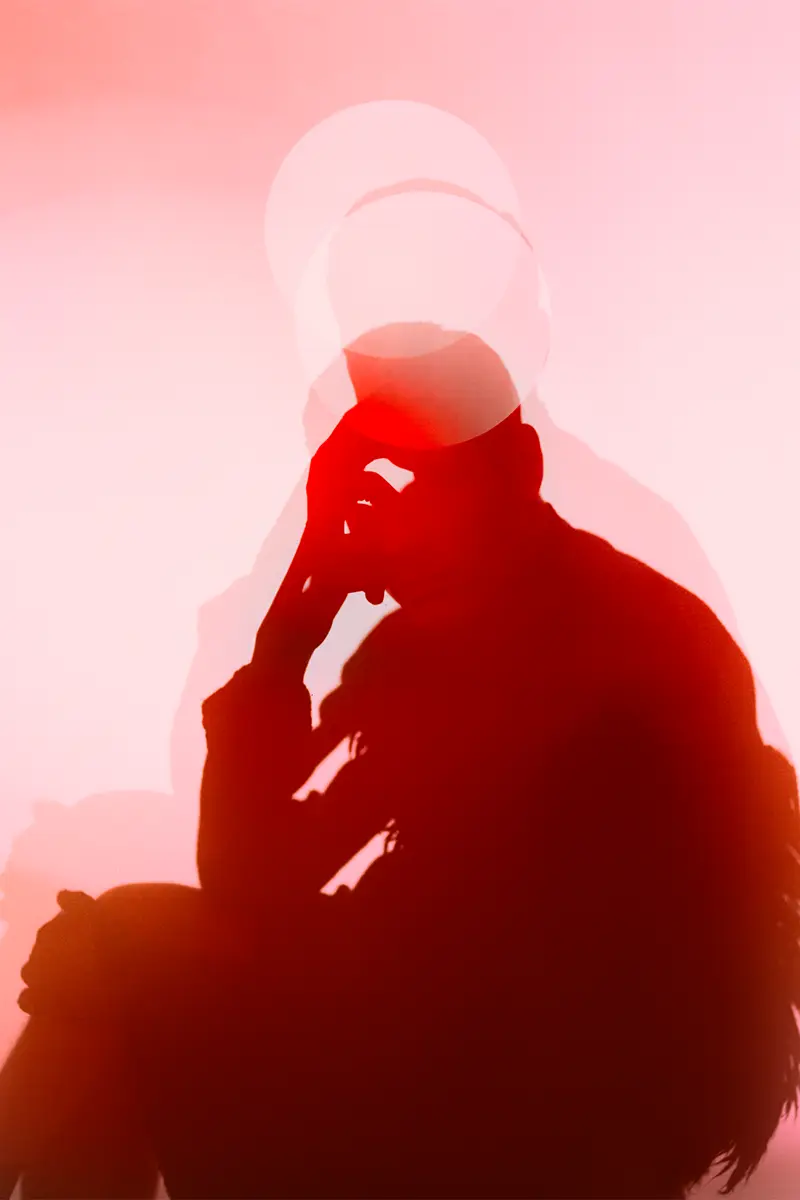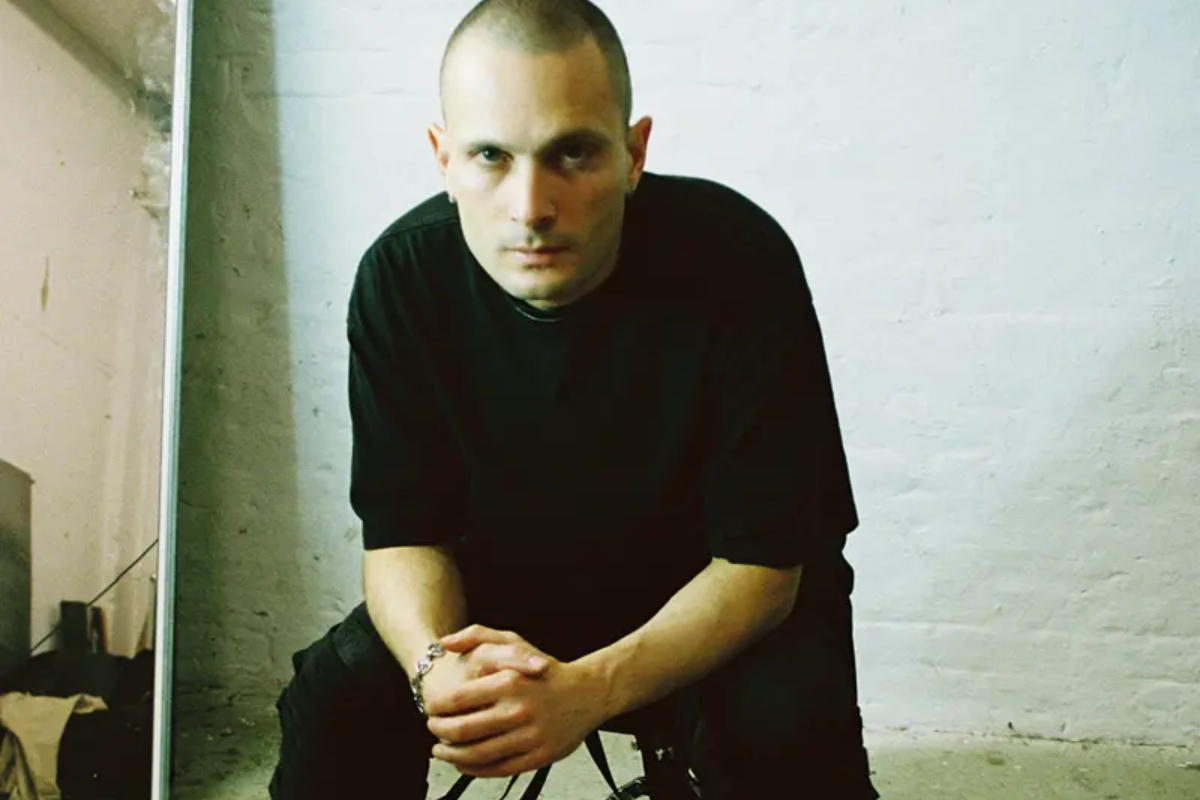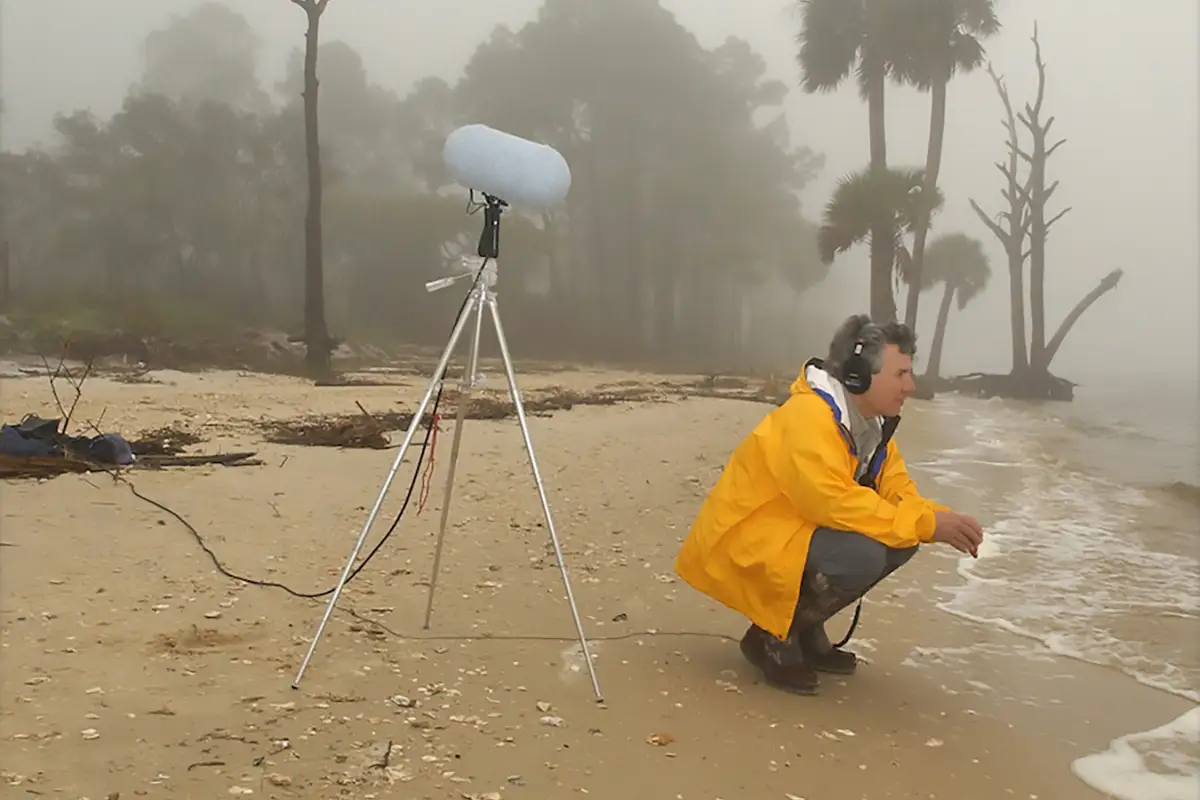After playing on stage the role of Jude from A Little Life, actor James Norton talks with Lampoon Editor Carlo Mazzoni about the fragility they have in common: diabetes
Pumping, Injecting, testing – sensors and receivers: technology is here, and this is life: diabetes is a matter of balance: a conversation between James Norton and Carlo Mazzoni
CARLO MAZZONI
Both of us are type one diabetics. We are using similar technologies – while you use Dexcom, I use Libre. These technologies changed our lives. We are both essentially injecting insulin.
JAMES NORTON
I think I’m going to move on to a pump in the next few months after the play finishes, I’m going to start using an Omni pump which links to the Dexcom. It’s all changing so fast – isn’t it? I like that it’s changing at a rapid pace. My blood sugar levels are good with injections, I feel fine but I could be doing better. It’s just those annoying nights, when I wake up in the middle of the night, and my blood sugar level is high, and the technology is there, and that’s just life.
CARLO MAZZONI
With the pump, shall we go for more standardized days? I’m a bit concerned that with the pump I will have even more limitations in my daily life.
JAMES NORTON
As an actor, I have to cover the sensor up every night, I have my microphone packed on the arm as well. I spend some of the play completely naked – usually you’d have a microphone pack around your belt but since I’m naked it goes on the arm. Microphone on one arm, the sensor on the other- it’s quite sweet, the sound guy has now called it my puck. I never called it a puck before. They cover that with a skin-colored bandage and so I look like an action man with straps on.
CARLO MAZZONI
I guess glycated hemoglobin is fine, right?
JAMES NORTON
It’s within the range of a pre-diabetic case. I’ve just had a bad two months. When it changes from winter to summer it’s a disaster, and my insulin becomes less effective. Last week I was in Santa Fe, New Mexico where it’s hot. Having had a good winter and my sugars were pretty good suddenly summer comes and… you know
Human Fragility: British actor James Norton was diagnosed with diabetes when he was 22 years old – the Lampoon Editor Carlo Mazzoni, when he was 10. The denial phase and the acceptance one.
CARLO MAZZONI
When were you diagnosed with type one diabetes?
JAMES NORTON
I was twenty-two. My little sister has been diabetic since she was nine years old. Her age is closer to sort of the norm to be diagnosed with diabetes.
CARLO MAZZONI
I found out when I was ten. My mom got much more scared than me – maybe because I was too young to understand the severity of it. My father has diabetes too – he got it a few years before me, when he was forty years old. When I was diagnosed, my father had already been on treatment for a few years, therefore it was not a big deal for my family.
JAMES NORTON
I have always been the kind of protective big brother, taking my sister to parties. Coming back from parties, she had just had some birthday cake and her blood sugar levels were crazy high. It was my responsibility as the older brother to make sure that her sugars were relatively okay. I remember coming back from the birthday party, and not wanting my mum to find out, so we went for a run around the local village to try and bring her sugar down.
CARLO MAZZONI
Were you kind of expecting to be diagnosed with diabetes?
JAMES NORTON
No, I was not. I had the traditional symptoms. I was thirsty and I was losing weight quickly – at that time I assumed it was because of all those physical exertions and exercises I was practicing at drama school. The drama school was about a lot of movement and exercise so I thought maybe it has to do with that – but in some way, in my mind, I knew that I was showing all the symptoms.
CARLO MAZZONI
Why did it take so long? As soon as you had the symptoms, you just had to test your blood with a finger.
JAMES NORTON
I was in denial, pushing it away and didn’t want it to happen. I liked partying all the time, going to festivals and the idea of… – I was just in denial.
When I went to a doctor, I already knew – I went in and I did a blood test – my blood sugar level was like 25 or something crazy like that. The weirdest moment was when the nurse looked at the result and with a big smile on her face said “you’re right you’re diabetic”.
I had all the symptoms. In my sleep, I was dreaming I was thirsty and I woke up being thirsty. Once, I was on a bus going to central London, it was a half hour long trip, 30 minutes – I didn’t have the two liters of water I used to carry around with me, and I panicked. I needed water, I needed my water. I was drinking water to the point where I was throwing up water, and then drinking it, and vomiting and drinking it…I clearly kind of knew.
When it happened, I was lucky I had my sister and I spoke to her a lot. She had proven to me that one could live just fine with it. She was nineteen at the time and she had traveled around the world. I was calling her very often, getting her quite upset. She told me she had spent so many years getting over these anxieties of being a diabetic, and now I was bringing it all back.
Diabetes changes life: James Norton and Carlo Mazzoni sahre their personal experiences about their human fragilities
CARLO MAZZONI
I keep telling myself how lucky I am to have found out when I was ten, because at ten you are still a kid with regular activities, living with your parents and with a precise daily schedule. I was a bourgeois boy in a bourgeoise North Italian family. At twenty-two, you were in the middle of clubbing and going out with friends. All of the sudden, you needed to change your lifestyle completely.
When I grew up and turned twenty-two, I didn’t have to restrict myself because I already knew how to deal with myself and my disease. I never had to decide to not go to any party. In the club, house music, vodka, dirty corners and all, I was taking my blood from my finger to test it. I was so used to that. I can’t imagine how tough it could have been to find out in the middle of that year.
JAMES NORTON
There are other sides to this, that balance it. At twenty-two your body has sort of arrived at adulthood and so you don’t have to navigate that period of adolescence where everything is changing. I watched my sister go through puberty, it was hard for her: she was becoming an adult both emotionally and biologically, and she wanted to experience this and nothing else – instead she had to take care of her diabetes. I was grateful to have not had it through my teenage years and that my body was already stabilized and experienced by the time I was an adult.
The hilarious moments about being the diabetic one amongst your friends – the confidence you get, the body control you learn: going a bit higher rather than going low. The diabetic intimate and private life according to the words of James Norton and Carlo Mazzoni
JAMES NORTON
As I see it now, I was confused and angry but I was also quite stoic. I didn’t stop partying at all. I had hilarious times. For example, I threw a house party which I had organized right before I was diagnosed and that I decided to still have after my diagnosis. There were a lot of people with me in my childhood bedroom staring at my monitor – and if the result was between five and seven, it was like – wow ok, let’s go for one more shot!
CARLO MAZZONI
My friends wanted to be tested, so a lot of time I had to do tests for everyone.
JAMES NORTON
I was in a bar with a friend and he said “test me”, his blood sugar was 13. He was high – fuck, dude – I didn’t know what to do with this information – maybe you should go and see a doctor. He freaked out, you could tell, I saw his face progressively go white.
CARLO MAZZONI
Did he end up getting diagnosed?
JAMES NORTON
No, he didn’t. It was almost weirdly reassuring to see a non-diabetic’s sugars go so high, like we’re not the only ones who creep up.
CARLO MAZZONI
When you’re on a stage I guess you push yourself a bit higher before the performance.
JAMES NORTON
Usually, I go up to about eight or nine around the middle of the first half, and then by the interval I’m back down because of the injection I took.
CARLO MAZZONI
I would be concerned about going low rather than going high. I can stand high glucose for half an hour, one hour maybe, whatever – not too high, right – I would not be able to stand a low glucose status for more than five minutes.
JAMES NORTON
I have hypers on stage, a lot. I have my Dexcom and the little receiver in my pocket. It buzzes when I’m high. You’re on stage, it’s all about the play and the audience – instead your mind is about glucose. I go to the side of the stage, I have to consider very quickly – how much insulin I should get – I must not overcorrect – ok, just go – where am I at?
The complicated thing is that I spend about 20 minutes with no clothes on. If I go high during that time, I have no idea. The backstage people have my receiver in their hands and they can give me a sign.
Once, the receiver disconnected from my sensor. You know the play: we have violent scenes, vicious and we don’t skip anything, we perform it all. There’s the cutting, there’s the raping… I’ve had scenes where Caleb – Jude’s boyfriend for a period,who raped Jude – people from backstage wanted to tell me I was high, so they told him to communicate it subtly with me. So, we were in the middle of a rape scene and I was there, lying underneath his body, when he whispered “16.3, 16.3”.
About a month ago, I had a very bad hypo on stage. It was one of the scariest things I’ve ever gone through in my life. I was dripping with sweat; I was discombobulated.
You know about Jude. Thank God I have not experienced the type of trauma which he has experienced but of course I’m using my diabetes every single day playing that role because it’s an access point for me to understand Jude’s pain. I hate the fact that my immune system is killing the cells in my pancreas every day which are creating insulin.
James Norton fighting with hypo: diabetes big concern is not about going high in blood sugar – the real danger is when you go low in sugar
CARLO MAZZONI
Did you not have a feeling it was coming?
JAMES NORTON
When low glucose is coming, I get a kind of anxiety. I feel worried about life. I feel this existential dread. If I’m low at around 16:00, I start to feel life is not worth living. As a play, A Little Life is full of worry and anxiety. I am on stage and I’m already feeling it – I’m not low yet – no, I’m fine – but it could be coming.
CARLO MAZZONI
Which is the glucose dose you are taking when this happens?
JAMES NORTON
It’s called Lift. It’s a shot, stronger than anything else. The fastest pre-coke I’ve ever had. If you have ever experienced a bad hypo, these glucose doses are brilliant.
CARLO MAZZONI
I have stuff like honey, that is good and efficient, it’s also healthy – but sometimes, I guess you know what I’m saying, honey could be the last thing you would put in your mouth.
JAMES NORTON
I hate it. At night time, I have a smoothie, I have it by my bed. I hear the buzz, and then I kind of half-wake up, drink, and go back to sleep really quickly, and it doesn’t interrupt my sleep.
CARLO MAZZONI
I spent a lot of time when I was younger going around with fruit juice, pea, peach, apricots, whatever, but then I realized how many conservatives they have. And they ended up giving me stomach problems – like reflux and stuff.
JAMES NORTON
You need good sleep. If I wake up and I lose an hour or two of sleep, there are other health implications on top of my diabetes.
CARLO MAZZONI
If I’m not precise in the glucose level during the night, I will wake up. Even if I go just a little higher, I will wake up.
JAMES NORTON
Really? You wake up at what height?
CARLO MAZZONI
6.5. If I don’t wake up, when I wake up, it’s like I’ve slept half of the hours that I actually did.
JAMES NORTON
Wow! I don’t get that at all. I can sleep, I can get a high, crazy high and not notice.
CARLO MAZZONI
For me, my biggest trouble is sleeping..
JAMES NORTON
That’s why you need the pump. As soon as you get to 6.5, it administers insulin. If you go low, it takes it out.
CARLO MAZZONI
Being diabetic is about being sick, but I don’t feel that I am sick. I could say that diabetes has been a teacher in my life.
Diabetes as a teacher in life; diabetes could be a condition not a disease: the personal experience by James Norton
JAMES NORTON
I don’t call it a disease nor a sickness. I always call it a condition. It’s something we live with and if you are able to control it well, you take the steps required to keep the levels as close to normal as possible, and not take too many risks, then you can lead a normal, long, and healthy life.
It’s an additional part of our life experience. I was able to go and party hard, but at the point I needed to pay attention to my diabetes, my brain would just clear and flick into gear and I would be able to sort of sober up. As you’re giving the condition what it requires, it can be just like bad eyesight or an allergy.
CARLO MAZZONI
I have a friend of mine, she’s a mom, she got pregnant twice, she has two kids and even after twenty years of living with diabetes, she’s still suffering a lot. Can it be disrespectful saying that diabetes is a teacher, not a disease? To say that diabetes is just a condition when there are people that are not able to control it yet?
JAMES NORTON
You find out later how to manage your sugar levels. Before this, you have that kind of crazy up and down. Also, I have to acknowledge that I have access to the best food. A good quality smoothie, a fruit juice which isn’t full of preservatives which is like four or five pounds a bottle. I can afford the glucose shots. I have my sister and my mum diabetic, who have been and still are next to me if the anxiety grows too much. As a single mom of two kids who doesn’t have the time or the resources to control her diabetes as well as you and I do, yes, I can imagine saying diabetes is a teacher could be offensive.
At twenty-two I felt invincible, like I was going to live forever and nothing could touch me. Suddenly, I found out I had this condition. I understood I became part of a community of people who had something wrong with them. In some way one piece of our bodies was dying or failing or whatever it was. People were talking about being celiac or epileptic, or maybe dyslexic. I was diabetic and I had suddenly been given this empathy for those who have something wrong with them. The fallibility of human beings. I was like, I’m very fallible. I’m finite. I’m going to die. And at twenty-two, I think you wrote in those lines you sent me before this interview – you realize that you were an adult much quicker than your peers.
James Norton and his obsession with health: I’m obsessive about my diabete
CARLO MAZZONI
When I was thirty years old, I wrote a book about it in Italy that got a good audience. Writing it, I understood that my life was not about getting older like other kids – but it was about expiring earlier. Honestly, this gave me strength, not concern. It was the moment I realized I was an adult, not a kid anymore – and this moment occurred to me earlier, if I compared myself with my friends.
After fifteen years of diabetes, when I was twenty-five, I was able to manage it – I was feeling confident, and strong. Today I’m a complete control freak. I don’t know about you but diabetes has made me become a control freak. I need to see every detail of everything I’m doing. On the other hand, instead, I understood that I am fragile. I understood that my fragility is the reason why I feel so strong. I am proud of my body’s fragility.
JAMES NORTON
When you are a diabetic who turns into a control freak, it’s good for diabetes. I’m obsessive. I’m obsessive about my health, I’m obsessive about my diabetes. I inject probably 20 times a day because I’m trying to balance it exactly.
CARLO MAZZONI
I guess it’s well linked to your career as an actor: knowing yourself and your body is part of your job.
James Norton: I enjoy presenting myself as this like young actor who’s leading a West End show, and then I’m injecting myself at a dinner party due to diabetes
JAMES NORTON
And I don’t go to the toilet, I don’t leave. Yes, I do it very much in front of people
I was worried about becoming a diabetic actor. I knew I was good and wanted people to learn about me and my work in isolation. Not be noticed as that diabetic actor. I had never talked about diabetes in interviews till…
I was at the Jonathan Ross talk show, one of his backstage guys saw me inject. We were in front of a live studio audience and the host cupped the camera to me and said: Oh James, we hear that you’re diabetic, do you want to talk about it? And I was like, “Fuck, I’ve never talked about it”. It was this huge load of people watching me. I said “Yes, I am, I’m a diabetic”. It was forced on me, basically. The tabloids run it the following day…very strange articles.
I got this influx on social media or by my agent, or just about everyone I’d meet: mostly from parents of diabetic kids saying “My child has just found out that you’re a diabetic and they are watching all your shows. It means a lot to them you’re leading this normal life and you’re on stage for four hours…”
I love my work and I love being an actor. I also enjoy the sideshow of being in the public eye, going to all the parties and that stuff – but the most rewarding part of that whole thing has been communicating with diabetics or parents of diabetics. Without being too grand, it’s like acknowledging that I can be a role model to people. I didn’t become THE diabetic actor at all.
James Norton: The guilt of parents and diabetes
CARLO MAZZONI
Before editing magazines, when I was younger, I released three novels – one of them was about diabetes. I wrote it when I was thirty-one. We didn’t have social media at the time, but a lot of letters came to the publisher and many times it was because they were scared. Messages were coming from diabetic kids, but most of the time, the senders were their parents. And I felt I could help people who were scared. We can give a lot of help to a lot of people, but helping and comforting someone that is
JAMES NORTON
One of the women who’s doing the prosthetics on the play – about three or four weeks ago, she found out her six-year-old son was diabetic. I can sense her anxiety is going to affect him and his life.
I see the guilt those parents feel about a kid who runs high after a birthday party having eaten a piece of cake. And the parents think, I’m killing my child, I’m damaging my child. I’m counseling more parents than natural diabetics saying it’s okay. It’s okay if they go a little high sometimes. People live their lives and you live in a city and the pollution is bad for you. You have no idea what’s going to happen. So just ease off because you, as a parent, will damage your child more than the diabetes if you let the anxiety get to you.
James Norton played Jude St. Francis on stage. The book A Little Life became a play not a movie. It’s a story about being fragile, specifically about human fragility
CARLO MAZZONI
In order to play the main role of the story – in order to play Jude in A Little Life – was it enough to read, to study the book, to put yourself in it – or did you feel that you had to meet the writer?
JAMES NORTON
Meeting Hanya Yanagihara and building a friendship with her, has been an integral part of this whole experience. I cannot imagine what this would have been, without knowing her. She doesn’t discuss her personal relationship with the book. She said she felt quite lonely in her relationship with Jude – we joined together through our relationship with Jude. I spend four to sometimes eight hours of my day in that headspace. We are kind of married in that strange space together.
CARLO MAZZONI
When I read the last page of that book, I told myself I would not like to meet the author. From my knowledge, she was a woman and my first question was how could a woman imagine such a story about men in such a strong way. I didn’t want to mix those characters with the human mind who created them. When she gave a kind of explanation to these wanderings of mine, I read some lines. I was, she said approximately, I was interested in men. I’m not a man, I’m not in a relationship with a man, I have male friendships and I was fascinated. I wanted to learn about men and so I thought I’d write about them.
JAMES NORTON
I don’t think she ever intended to be a voice for young masculinity. She sort of accidentally stumbled into, well not accidentally, maybe she intended it, but she was almost sort of prophetic in her depiction of a young modern sensitive man.
Power within fragility is not male disempowerment. A Little Life is an example of men finding strength in relation to each other’s vulnerability
CARLO MAZZONI
The novel, A Little Life, is about fragility – as these pages are, as well as Lampoon is. Jude, above everything, is a fragile man. This book is about males, about masculinity, about fragility amongst men. Could masculinity and feminism – to be noted, the two concepts are intentionally not mirrored – be part of one topic only?
JAMES NORTON
Feminism exists in relation to men. How men perceive themselves in relation to women. A Little Life is about men and yet you could describe it as a successful feminist book. It redefines male friendships and male power in light of fragility, as you say.
Something we should do, something we are beginning to do, is address feminism from the perspective of men. Maybe it could be an obvious thing to say. If we are going to redress hundreds and hundreds of years of inequality, part of that isn’t just empowering women. It’s about understanding the men’s need to feel superior both physically and emotionally to women.
Many discussions I’ve had are around male friendships and sexuality. Hanya Yanagihara rarely talks about sexuality in her book and we only mention it in the play once, and yet these are men falling in love with men and feeling comfortable or not with it. This idea that to love your friend, in an emotional sense or in a physical sense, would somehow compromise your masculine power.
In the story, Willem is a strong man, a successful actor. He provides the guidance and the strength which Jude requires. He provides the redemptive love which Jude needs to lift him out of his trauma – and that is Willem’s strength – yet it’s not a male strength.
CARLO MAZZONI
Power comes from fragility. In A Little Life men power comes from men’s fragility.
JAMES NORTON
Power within fragility is not male disempowerment. A Little Life is an example of men finding strength not in relation to women, just in relation to each other’s vulnerability. If we are going to redress the imbalance of thousands of years then we need men to come to terms with their own fragility.
James Norton
Known for his roles in theater, television, and film, James Norton rose to prominence in 2014 through his portrayal of the heinous criminal Tommy Lee Royce in the BBC television series Happy Valley, which earned him a British Academy Television Award nomination for best actor. Norton played Sidney Chambers in Grantchester, his first starring role on television, and Andrei Bolkonsky in War and Peace, the BBC television adaptation of Lev Tolstoy’s manuscript of the same name.


